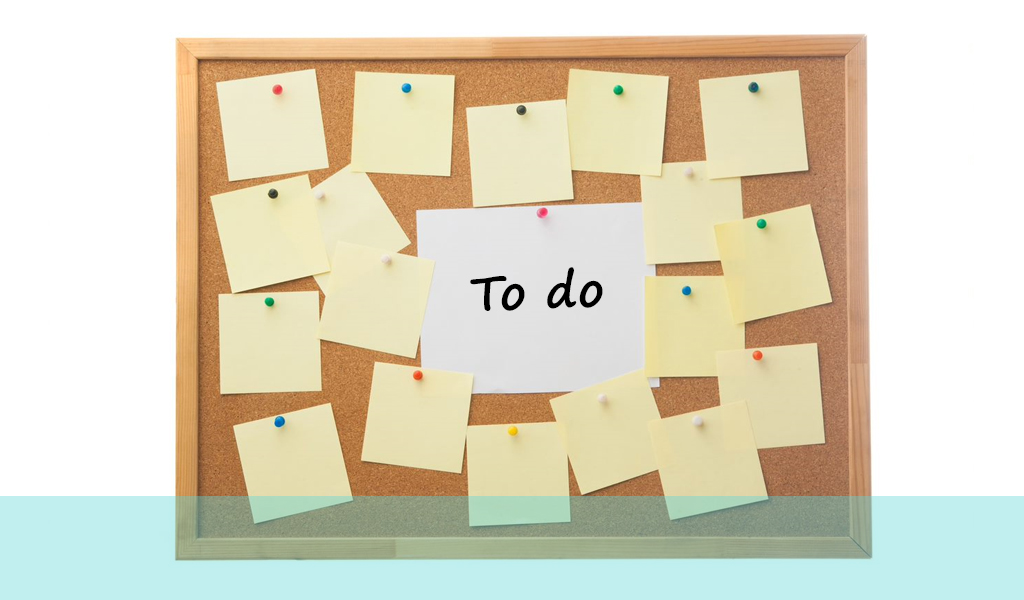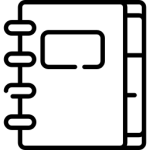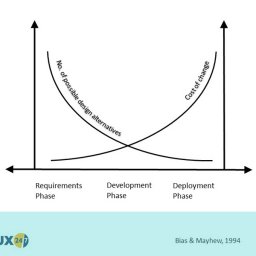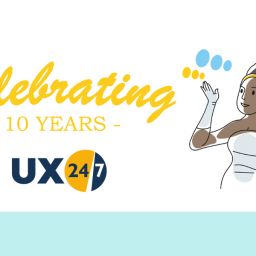
Since 2018, when Research Ops was first presented by Kate Towsey as a “thing”, organisations have not only dipped their toes in the water, they have dived right in. There are some really great resources available where you can learn more, particularly if you are a large brand and I have provided some links below for a few I recommend. I am not going to repeat what has already been said so instead will offer my agency perspective.
Prior to founding UX24/7 in 2013, I was CEO of a 50-person UX Research agency where I worked from launch in 2001 to 2011. In the planning phase ahead of launch of UX24/7 I wrote a list of problems/challenges that I wanted the new agency to address. Given the scale of the previous agency a great number of these were operational in areas that had made us inefficient, unprofitable or contributed to sub-optimum service delivery.
It would be nice at this point to claim that I had thought about research ops before anyone else. The truth, as you will see when you read on, is that what we were doing as an agency was far narrower than the function that has been subsequently defined. Every agency that had dedicated resource organizing participant recruitment had some sort of research ops in place and that is one of the areas that was on my hit list. It is this and how it now relates to Research Ops that I will cover.
The project process
It seemed to me that the project process for setting up research was wrongly constructed. The stages went like this (still do for many people):
- Client tells you the project is yours (woo hoo!)
- Briefing meeting takes please to discuss participant profiles, research plan and discussion guide
- Recruitment takes place [lapsed time]
- Research plan and discussion guide are written
- Run a pilot
- Moderation
- analysis and reporting
From an agency perspective, there are numerous problems with this.
The recruitment process is typically between 5 and 15 working days dependent on the complexity. For the briefing meeting to be effective the consultant running the research needs to be present. They will be the one writing the research plan, the recruitment screener and drafting the discussion guide.
The problem is that 10 to 15 days ahead of the moderation, they will almost certainly be “knee-deep” in another project. They may not be able to attend the meeting due to those project commitments. Even if they can, they may not have the head-space to properly construct the research.
What we did (do) differently
Our solution is to separate the research planning and recruitment process from the briefing for the discussion guide. To make it work we have found that the person attending the first meeting needs to be senior and capable. They will draft the research plan and the recruitment screener and go through all the sign-offs with the client. The UX Consultant engages with the project later in the process but in doing so engages fully without any distractions. We believe this delivers a better service to the customer and project overall. It was also our first step toward research ops.
I also took the view that we should “protect the talent”. We have avoided bogging down the UX Consultant with activities that distract them from generating the insights our clients need. That is the reason we are hired and the value we add and nothing should get in the way of that.
What that means in practice is we provide the UX Consultant with templates, tools, equipment and more, all pre-prepared and ready to go. For example, this extends to us pre-populating a research report template with the background information about the project, goals, tech set up, profiles etc. The consultant can focus on the analysis and reporting without distraction.
The research ops function
As we now look to formalize the role of Research Ops, we are presented with a variety of challenges. In the job description we need someone who has the following capabilities:
- Process orientated
- Project Management
- Ability to design recruitment screeners
- Understanding of the research requirement (like a UX consultant)
- Technically competent to set up equipment and software
- Document handling, writing and management
- Communication both internally and externally
…and the list goes on.
The job has been fulfilled by the most senior people in the agency – me and the Consultancy Director because we have a lot of these capabilities and we also have the time to be across a range of projects. There is a real danger for us that the role becomes a dumping ground for all the things that don’t have a home or we don’t want to give to the consultant.
Thankfully, we have some help. The role of Research Ops is being developed and refined by the good work of the Research Ops community. It is challenging us to think more broadly and more strategically about how we define the function within our own organisation. We have a long way to go but I think our starting point is right in that we are striving to be more efficient and effective in order to deliver better services.

Links to other resources
- Research Ops community – the place where it all began
- Spotify perspective – evolution item by Lucy Walsh
- UX Matters – panel debate on the importance of research ops
- Enjoy HQ – research tech provider view
- UX Collective – a 2018 article that talks holistically by Vidhya Sriram
- UX24/7 – the agency perspective
This is a small selection and I’m happy to consider other posts for addition in the future so please share.
If you are interested in Research Ops and would like to know more about how we go about it please call on +44(0)800 024624 or email me at hello@ux247.com.

















[…] discussion guide, immersion and final prep. For all our projects the consultants are supported by Research Ops so a lot of the logistics is taken away from them so they can focus where they add the most […]